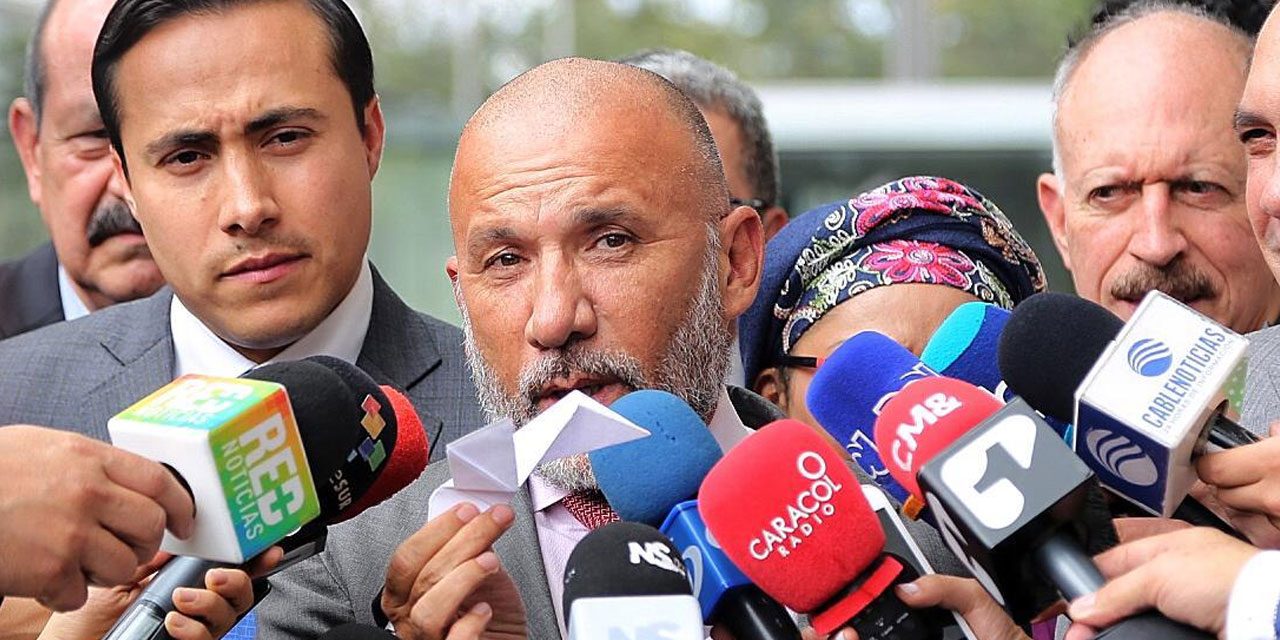Colombia’s Congress summoned the government of President Ivan Duque to explain what it has done to curb extreme levels of violence against the country’s indigenous peoples.
The Senate’s Peace Commission did so after meeting with indigenous authorities in the southwestern Cauca province, where native Colombians have seen extreme violence after the demobilization of the FARC guerrilla group in 2017.
Native Colombians declare humanitarian emergency citing genocide
The government will not just have to explain what actions have been taken, but also respond for state failures the lawmakers were told about by the indigenous authorities.
Senator Roy Barreras (U Party)
In order to end frictions between indigenous and national authorities, the commission proposed to create a locally stationed commission of delegates of executive authorities, the prosecution, the ombudsman, the police and the military that would make it easier for security forces to enter autonomous indigenous territory.
Interior Minister Nancy Patricia Gutierrez has insisted that the indigenous peoples give up their territorial autonomy, which has been fiercely rejected by the native Colombians.
Regional indigenous organization CRIC said that violence related to drug trafficking has not just been overwhelming indigenous authorities, but are an equal scourge for neighboring peasant and Afrocolombian communities.
All urged the government to implement the peace deal with the FARC that contained elements to curb drug trafficking and reduce violence against minorities, but is opposed by Duque’s far-right political party and only reluctantly implemented by the government.
According to national indigenous organization ONIC, they have registered 37,533 acts of aggression against native Colombians since the 2016 peace deal. More than half of them occurred after Duque took office a year ago.


